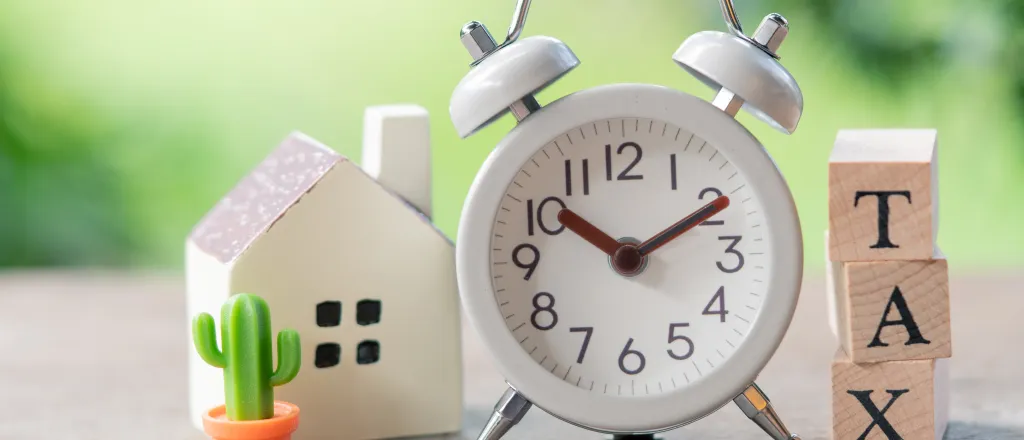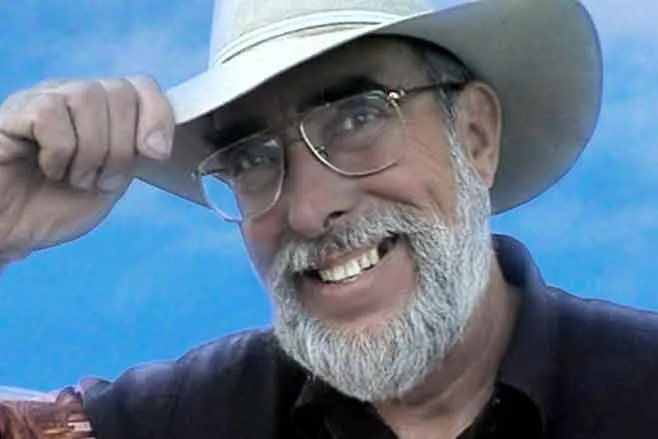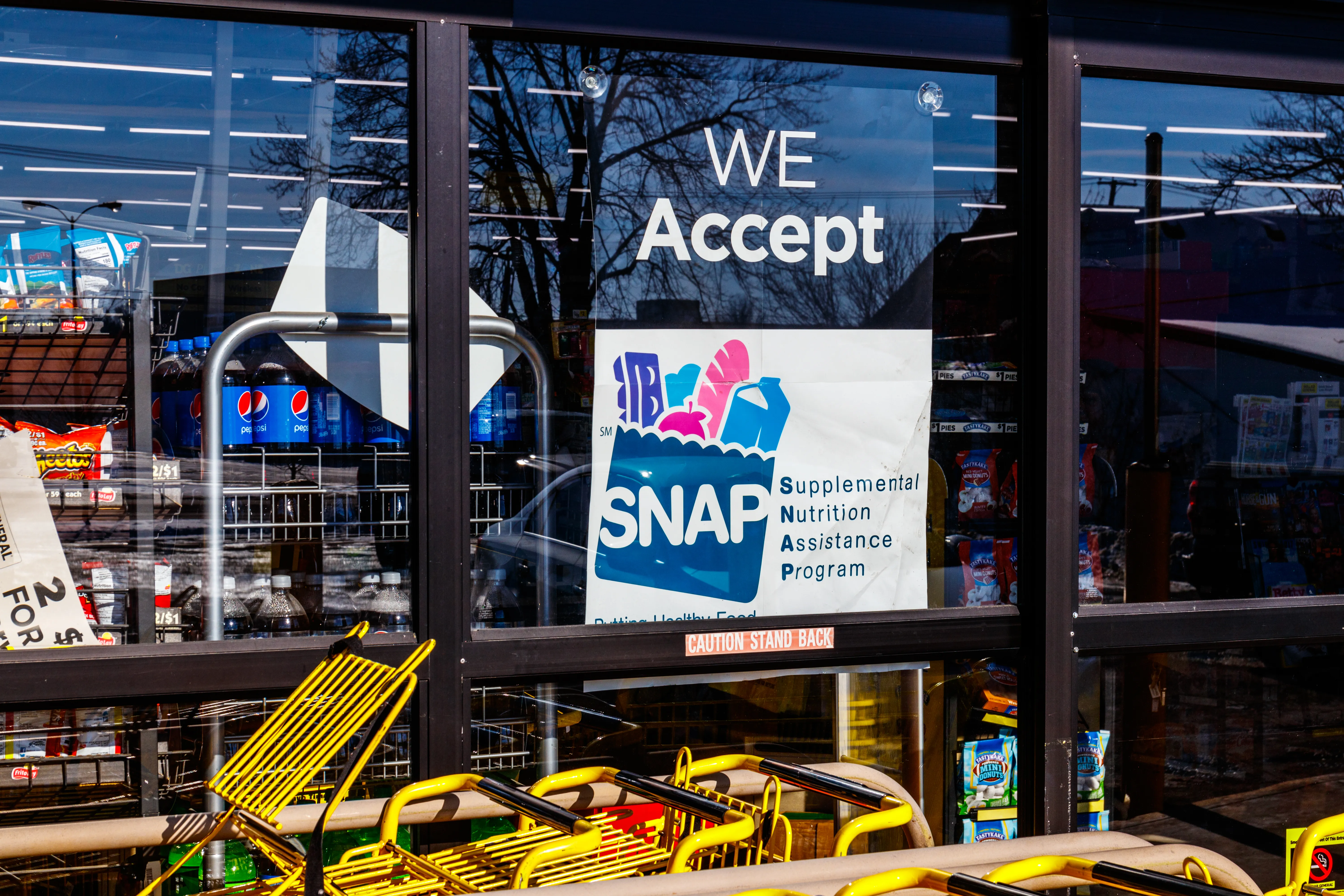
Opponent says tax cut on ballot would cost Coloradans earning less than $91,000
(Colorado News Connection) Proponents of an initiative on the November ballot to lower the state income tax rate by less than 1 percent say the measure will allow Coloradans to keep more of their money.
But Caroline Nutter, tax policy analyst with Colorado Fiscal Institute, said Proposition 121 will end up taking money out of the pockets of Coloradans who earn less than $91,000 annually by reducing their TABOR refunds.
"So really this isn't benefiting people that are struggling," Nutter said. "And it's actually going to contribute to service cuts that will probably make their lives a lot harder."
If approved by voters, Prop. 121 would reduce state revenues by $413-million next year. During economic downturns, when TABOR refunds are no longer available, Nutter said lost revenue is likely to mean cuts in public schools, health care, human services and at the state's corrections system. Backers of 121 said services would not take a hit for the next three years.
Nutter said corporations, and the state's 1 percent of earners - 99 percent of whom are White - would pocket half of all projected money saved in the tax cut. She said people earning $1-million a year would save $1,500, while the vast majority of Coloradans would see their tax bill go down by just $63. She believes 121 would disproportionately harm workers of color.
"Coloradans of color are much more likely to make under $91,000 a year," Nutter said. "And so Proposition 121 actually exacerbates some of the racial inequality in our tax code."
Proponents of across-the-board tax cuts also said it will make Colorado more competitive with states including Arizona and Wyoming with lower income tax rates. Nutter argues people are not moving to Colorado for tax cuts, they're coming because it has a strong economy and good quality of life.
"We're doing better in terms of our state GDP compared to Arizona and Wyoming because of the investments that we've made using public dollars," she said. "It's because of credits that we give to job creators, our parks and our recreation system."
















